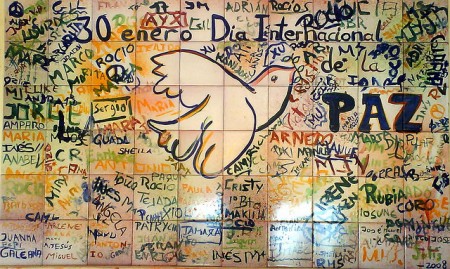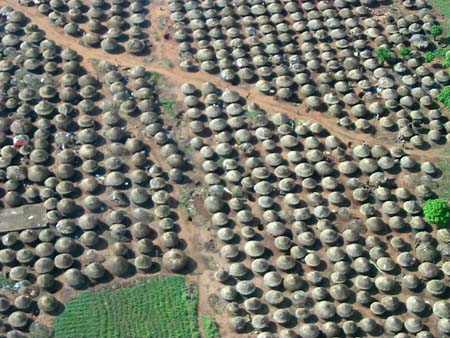
In recent years, cases of alleged sexual exploitation and abuse (SEA) of vulnerable individuals by UN peacekeepers and police have been surfacing with alarming regularity. The extent of the crisis was revealed by Human Rights Watch, which documented that between December 2013 and June 2014 children residing near the M’Poko Internationally Displaced Person Camps in Bagui, Central African Republic (CAR), reported that they had been abused or had witnessed other children being abused by French Sangaris Forces, who used food or money as incentives. After demands that the UN investigate these allegations, an Independent Review on Sexual Exploitation and Abuse by International Peacekeeping Forces in the Central African Republic was established. Its report, published in December 2015, found that:
Some of the children described witnessing the rape of other child victims (who were not interviewed by the HRO [Human Rights Officer]); others indicated that it was known that they could approach certain Sangaris soldiers for food, but would be compelled to submit to sexual abuse in exchange. In several cases soldiers reportedly acknowledged or coordinated with each other, for example by bringing a child onto the base, past guards, where civilians were not authorized to be, or by calling out to children and instructing them to approach.




